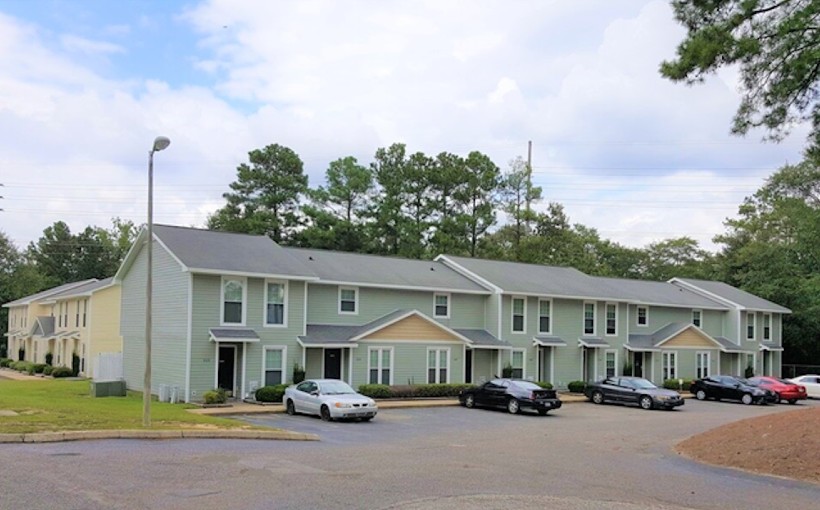According to a report by CRED iQ, the distress rate for commercial real estate collateralized loan obligations (CLOs) has risen to 10.3% as of June 30, an increase of 60 basis points from the previous month. This rate includes any loans that are reported as delinquent for at least 30 days, past their maturity date, or being specially serviced.
Since February of this year, there has been a general upward trend in the distress rate for CRE CLOs with only a brief decline between March and April. The recent surge in interest rates has caused significant decreases in debt service coverage ratios for these floating-rate loans. In fact, approximately 78.4% of properties within the CRE CLO sector have reported lower DSCR compared to what was initially underwritten.
Further analysis by CRED iQ revealed that over half (62%) of all CRE CLOs currently have a DSCR below 1.00 due to rising interest rates and other factors affecting property performance.
When removing the variable of interest rates from consideration, data from CRED iQ shows that nearly half (46%)of all CRE-CLO loans are performing below their underwritten net operating income levels.
The top issuers responsible for $79.l billion worth of outstanding CRE-CLO debt over the past five years include MF1 Arbor LoanCore Benefit Street Partners Bridge Investment Group FS Rialto and TPG according to research conducted byCREDi Q.The majorityoftheseCRE-COloansarestructuredwithfloatingratesandhavea three-yearloantermwiththeoptionforloanextensionsifcertainfinancialhurdlesaremet.



